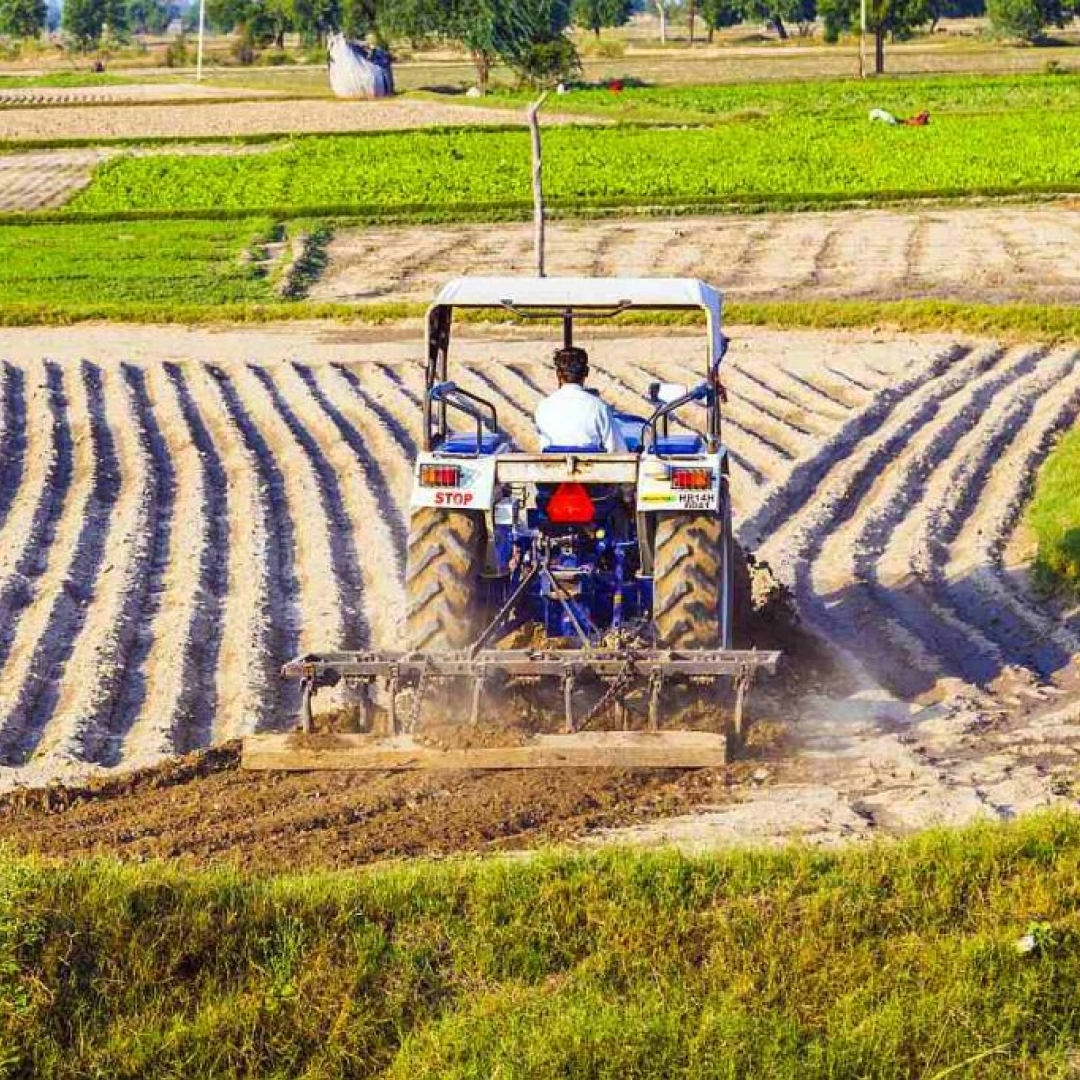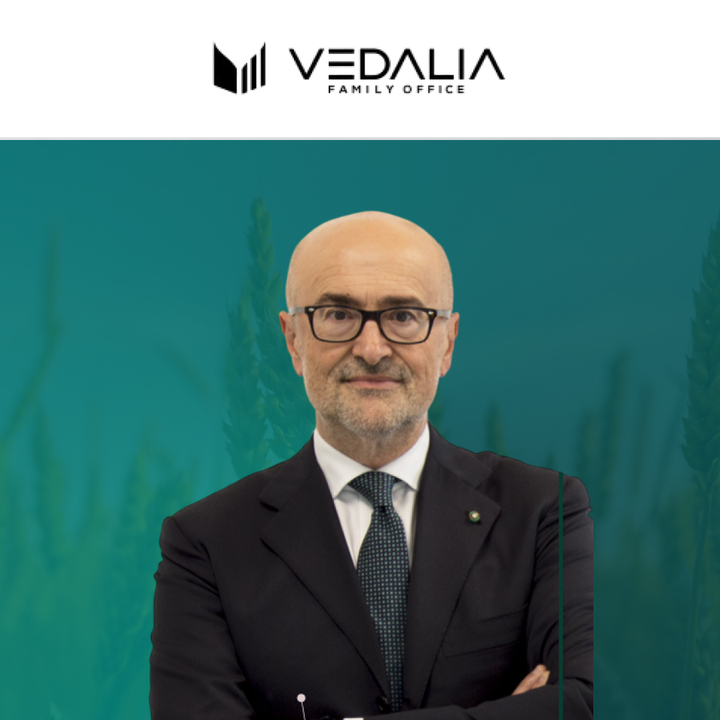
CABI’s 25-year partnership with Switzerland in Africa has been highlighted during a visit of His Excellency Mirko Giulietti, Ambassador of Switzerland to Kenya, Rwanda, Somalia, and Uganda, to CABI’s Regional Centre for Africa in Nairobi.
The visit emphasized the strong and ongoing partnership between CABI and Switzerland, both of whom are dedicated to promoting sustainable agriculture, improving smallholder farmer livelihoods, and enhancing food security in Africa.
Dr Dennis Rangi, Director General, Development at CABI, emphasized how CABI has enjoyed high-level strategic and on-the-ground collaboration with Switzerland. He noted that CABI has been in Switzerland since 1948, initially based in Feldmeilen near Zurich and later moving to Delémont in 1958.
Switzerland’s Engagement in Key International Collaboration Projects
Dr Rangi also highlighted Switzerland’s engagement with CABI since the 1990s as a technical expert in Integrated Pest Management (IPM), contributing to significant international collaboration projects such as the Global IPM Facility with the Food and Agriculture Organization of the United Nations (FAO), BioNET, and the LUBILOSA Project, which developed the Green Muscle biopesticide.
Dr Rangi said, “This year marks 25 years of Switzerland’s membership in CABI, making Ambassador Giulietti’s visit particularly meaningful and serendipitous.
“In 2000, Switzerland officially became a member country of CABI following a federal decree, with key support from the Swiss Agency for Development and Cooperation (SDC), notably Peter Bieler and Christine Grieder.
“We are extremely grateful for the support the SDC has provided on several CABI-led projects and programmes focused on increasing food security, environmental protection, and livelihoods.”
CABI’s Landscapes Initiative for Sustainable Agriculture
During the visit, Phyllis Ombonyo, Director of Strategy and Engagement for International Development, highlighted CABI’s Landscapes Initiative, which aims to tackle some of the most pressing global challenges faced by CABI’s 48 member countries, including land degradation, biodiversity loss, the impact of invasive alien species, climate change, and livelihoods.
“CABI uses an Integrated Landscape Management approach to engage all relevant stakeholders, with interests and influence, in a landscape to develop and implement management plans that take account of trade-offs across sectors. The approach includes stakeholders from across Human, Animal, Ecosystem, and Plant health sectors. Our priority countries now include Kenya, Ethiopia, Tanzania, and Malawi,” said Ms Ombonyo.
In 2024, CABI hosted in-country workshops with national stakeholders and identified priority landscapes to launch this program in 2025. These efforts build upon the support provided by SDC through the Woody Weeds and Woody Weeds +.
Empowering Farmers and Sustainable Agriculture Solutions
Dr Ivan Rwomushana, Global Lead for Pest Preparedness, highlighted how PlantwisePlus helps farmers grow more and lose less by tackling pest-related challenges through pest preparedness, risk reduction, and farmer advisory services. In its first phase, Plantwise reached over 50 million farmers, and the current phase (2021–2030) aims to reach 75 million.
Dr Rwomushana said, “Some of the projects under PlantwisePlus focus on empowering farmers to adopt more sustainable crop management practices, including the use of new biocontrol agents. The initiative also equips farmers with the knowledge and skills to more effectively manage and mitigate the impact of harmful crop pests and diseases.”
The discussion also highlighted CABI’s and Switzerland’s longstanding scientific efforts to promote nature-based biological control solutions, aimed at safeguarding human, animal, and environmental health under the One Health framework.
In addition to promoting nature-based solutions as alternatives to harmful pesticides under PlantwisePlus, CABI is actively engaged in various One Health initiatives.
Dr Monica Kansiime, Deputy Director for CABI Africa, said, “We provide integrated farmer advisory services through joint livestock and plant clinics in Kenya and Uganda. We are also involved in research on antimicrobial resistance. Finally, CABI also manages a OneHealth hub and offers a range
Source – CABI







Leave a Reply